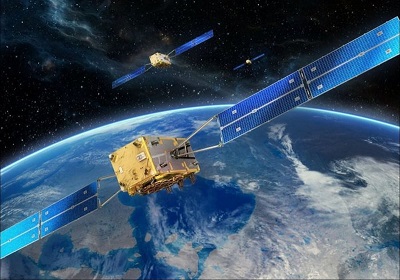FIBER OPTIC CABLES are the gold standard of a good internet connection, but laying them can be expensive, and in some parts of the world, a physically daunting task. So in remote corners of the globe, people often connect to the internet instead of via massive geostationary satellites. These school bus-size instruments are especially far away, producing significantly slower connections. A host of companies believe the better way to connect the estimated half of Earth’s population that’s still offline is to launch “constellations” of smaller satellites into low Earth orbit, around 100 to 1,250 miles above our planet. According to emails obtained from the Federal Communications Commission in response to a Freedom of Information Act request filed by WIRED, and confirmation from the company itself, Facebook is officially one of them. The emails show that the social network wants to launch Athena, its very own internet satellite, in early 2019. The new device is designed to “efficiently provide broadband access to unserved and underserved areas throughout the world,” according to an application the social network appears to have filed with the FCC under the name PointView Tech LLC. With the filing, Facebook joins Elon Musk’s SpaceX and Softbank-backed OneWeb, two well-funded organizations working on similar projects. In fact, SpaceX launched the first two of what it hopes will be thousands of its Starlink satellites just this past February. More in-depth detail is posted on OUR FORUM.
